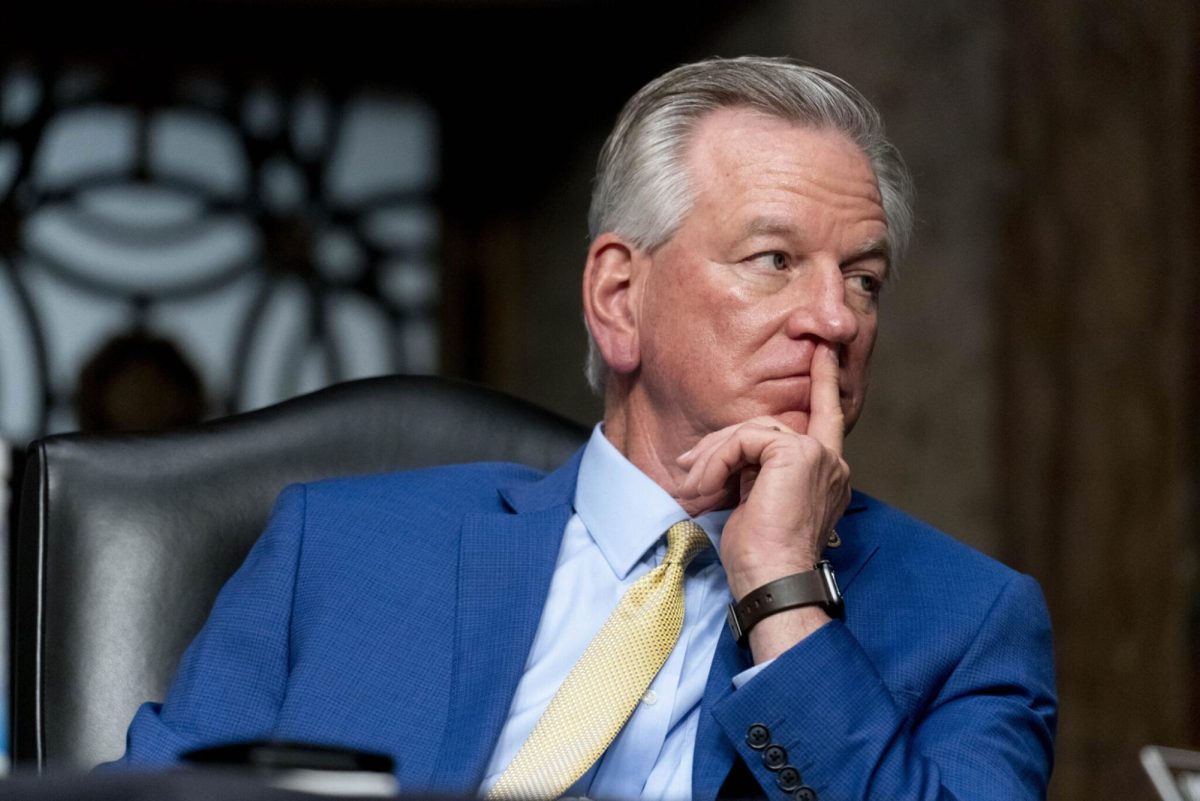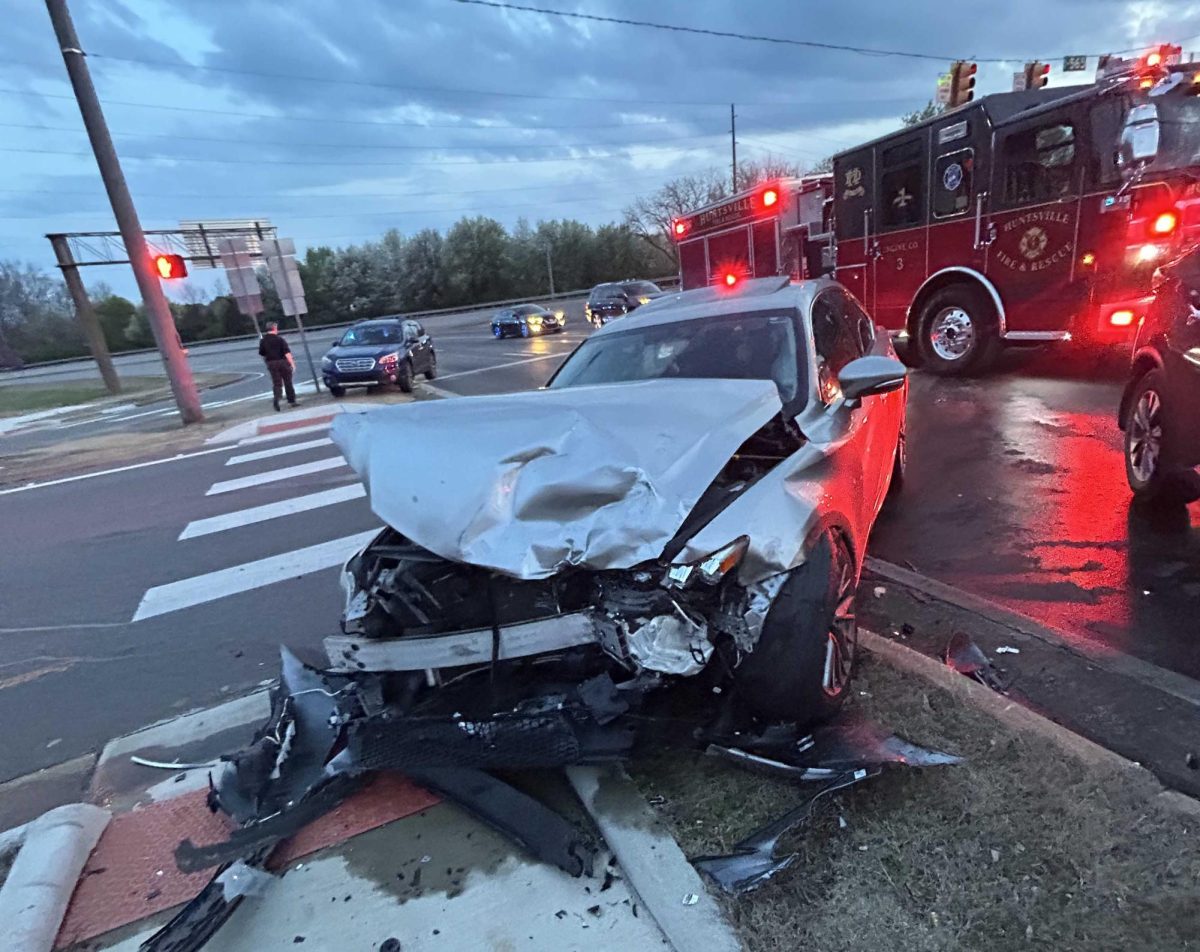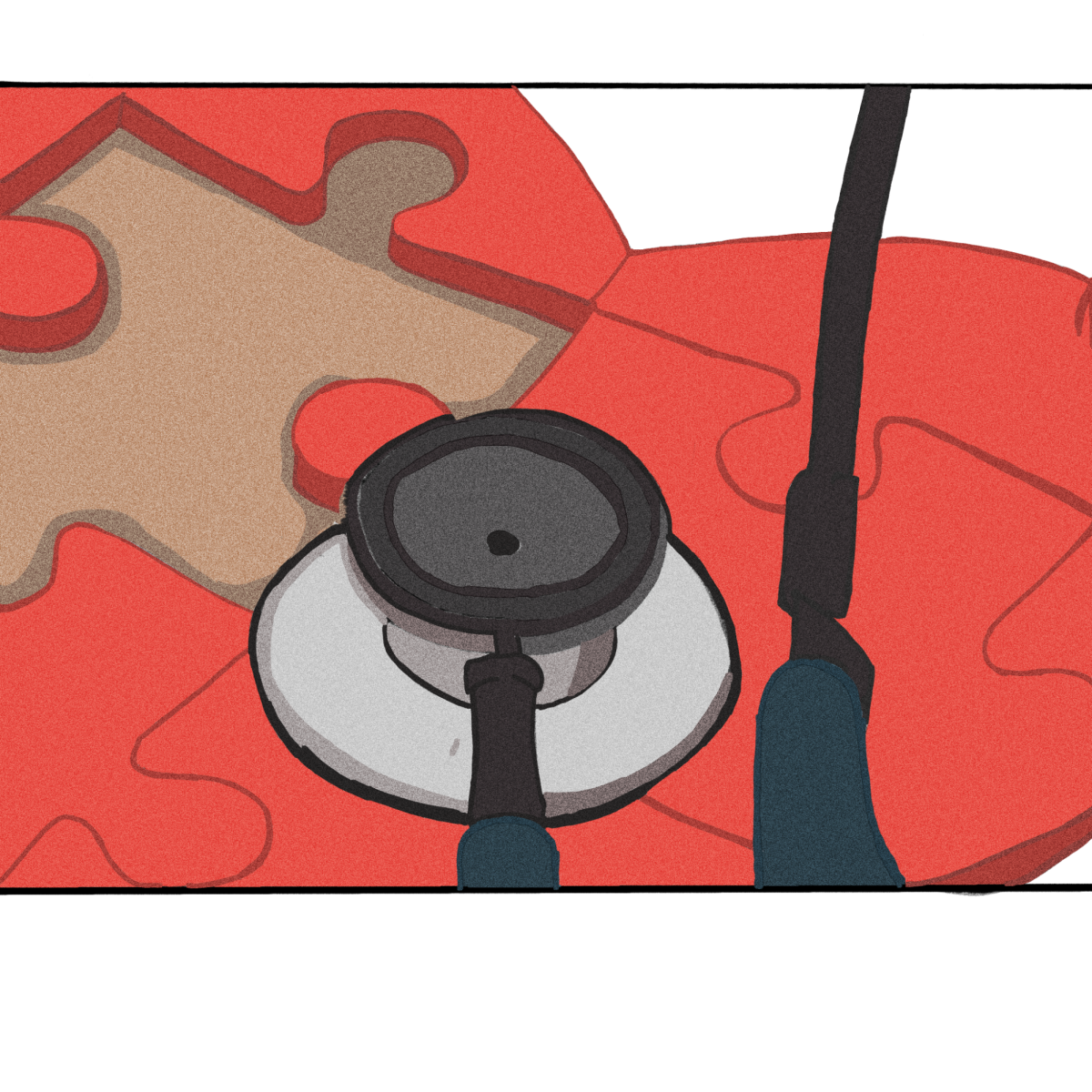Open any given algebra textbook to a standard problem:
“Michael’s car goes 20 miles per gallon of gas consumed. Gas costs $3.25 a gallon, and Michael needs to drive 70 miles to a basketball game and 70 miles back. How much money does Michael spend over the course of the trip?”
The answer here, which we can deduce with the help of a dollar store calculator, is, $22.75.
But then, inevitably, we have part two:
“Michael’s school has 800 students, and 650 are able to drive. All students who can drive also wish to attend the game, and each car gets an average of 23 miles per gallon of gas. How much will the students spend, together, to attend the game, rounded to the nearest dollar?”
More calculations and… $12,859.
Thus ends this week’s installment of “Things Sparkman Does Not Wish to Waste Money On,” which finds the majority of us sitting in half-empty classrooms, perusing the Twitterverse for some vague rumor of a score from Wallace State. It was not as if we did not have the chance to go. We could have driven all that way, footing the bill for a 140-mile roundtrip to attend a game we would have to pay admission for anyway. We could have spent $50 on school spirit.
But once again, those wizened attenders will remember, that was not required.
Once, there were buses available to those among us who had not the means to fund or the vehicle to make possible such an occasion. And once, it did not feel like a burden for anyone to support the basketball team, the drama department, or the other students we brush shoulders with every day. Those who could drive did drive, and those who were unable were still given the chance to represent their school.
If it is an economic issue that ceases our fun, as happens so often these days, then might we consider alternate solutions? Assuming that a school bus gets around 10 miles per gallon, and runs off of $4.50 diesel gas, charging a small fee—as low as $3— could more than cover not only the vehicular expenses, but those for bus-driver overtime as well. Attendee costs could be reduced, and the school could benefit at least a little bit from its students supporting their peers’ passions.
While economics plays so strongly into this pressing issue, however, so does some standard of safety. As treasonous as it may sound, student drivers are not always the most cautious drivers. If bad behavior could reflect badly on the school, how much more so could a 10-car pileup over a 70-mile span of Alabama roads? When a tornado passed beside the school during the Sparkman showing of High School Musical in 2012, it was more than beneficial to have students supervised by teachers with the ability to assess weather conditions and determine the safety of being on the road.
It is not as if we do not appreciate it, either. Having the buses to rely on for fun activities makes our lives easier, and we enjoy the camaraderie of piling in with 50 of our closest acquaintances, taking selfies and complaining about the air conditioning. Which means that we are also willing to take responsibility, at least in part, for prolonging this opportunity to attend those events that we deem important.
If the administration wishes to further our involvement, then press on. If they wish to foster school spirit, then we are willing. But they must not make the mistake in believing that being willing means being able without help. Taking away such a vital part of Sparkman family tradition, the means to allow both younger— and significantly more broke— fans to attend, is only hurting us in the end.







